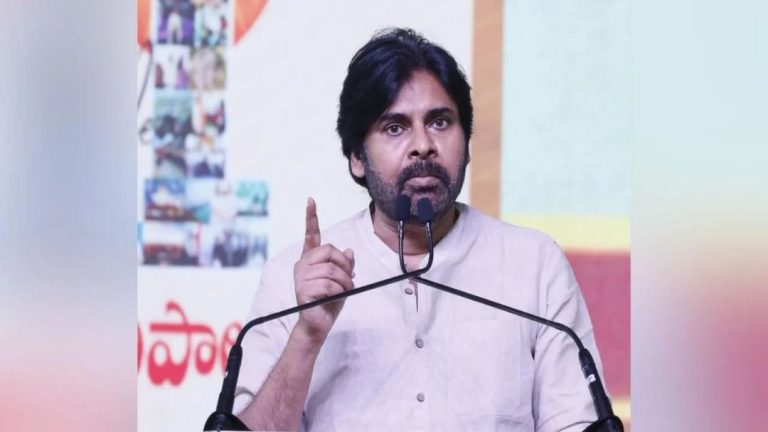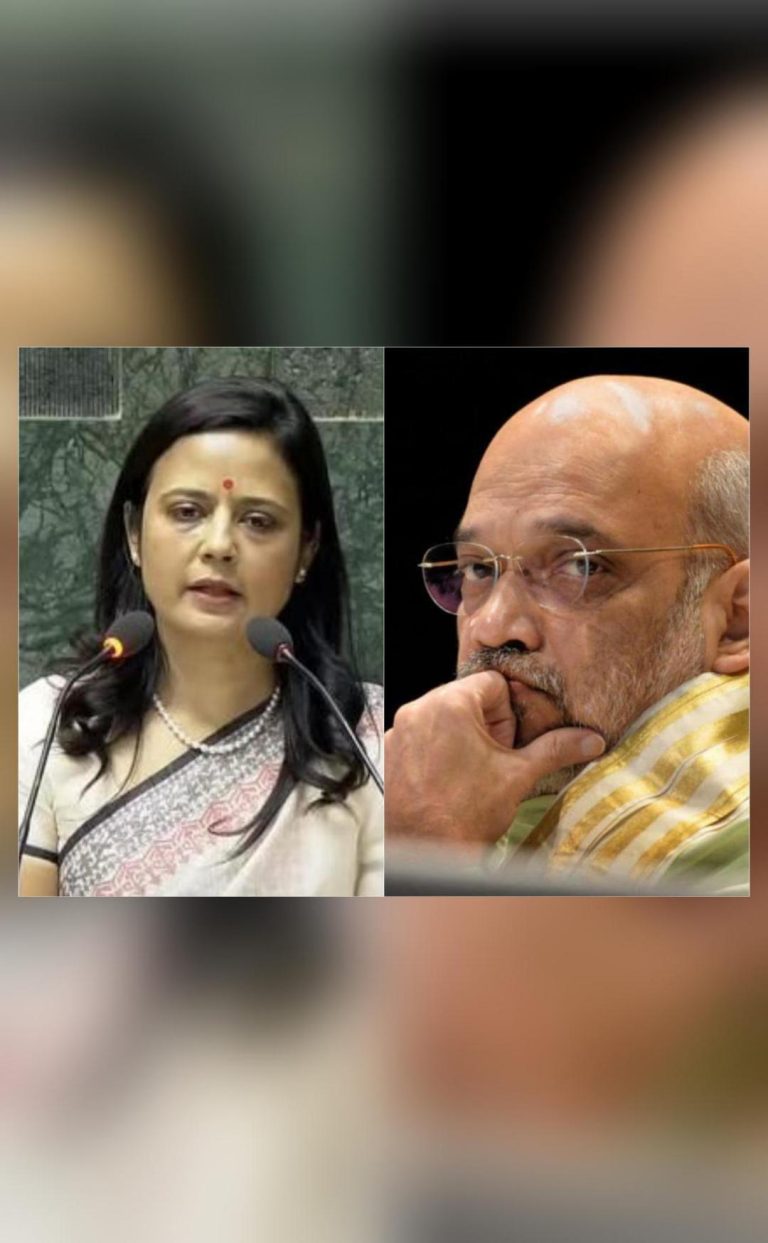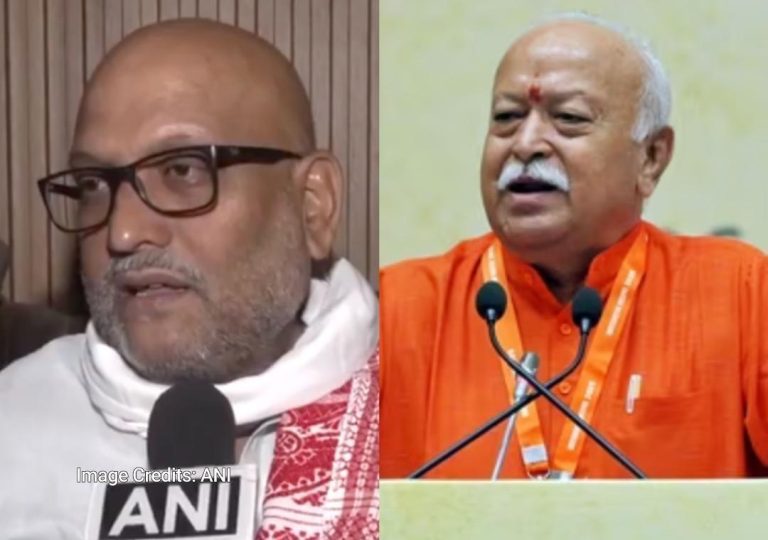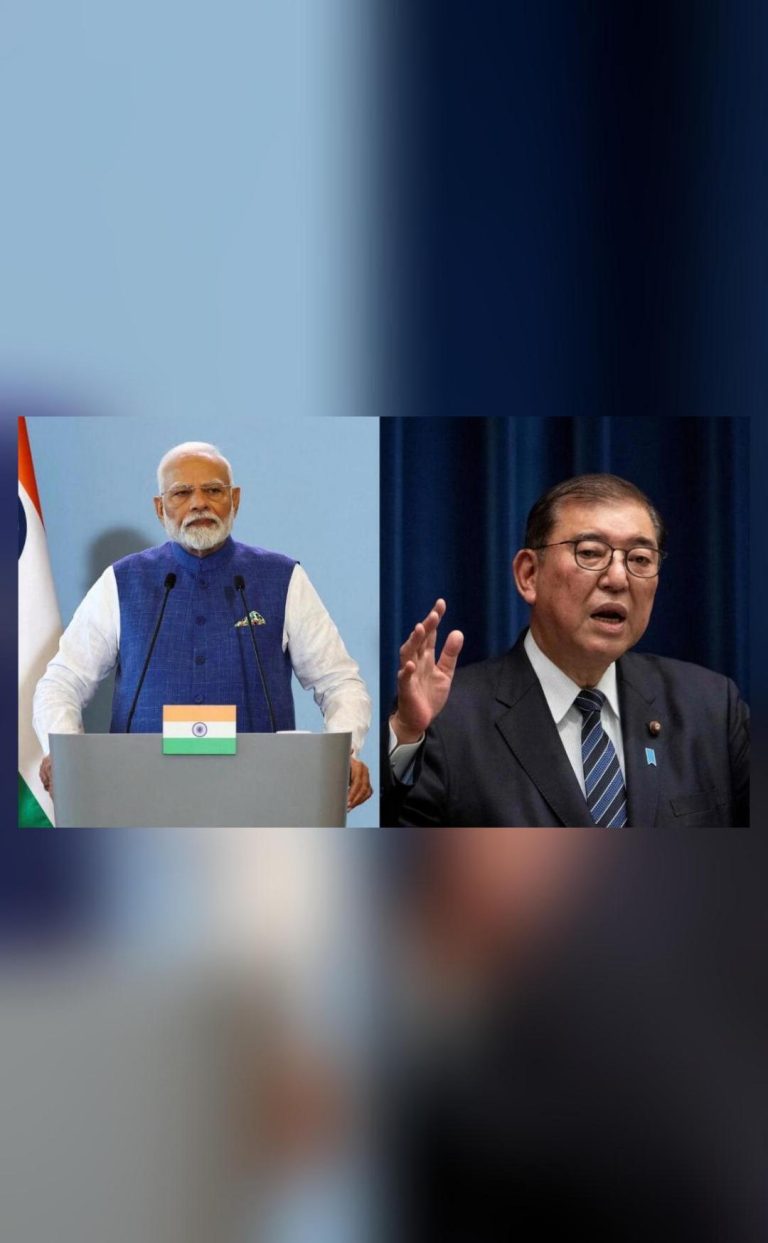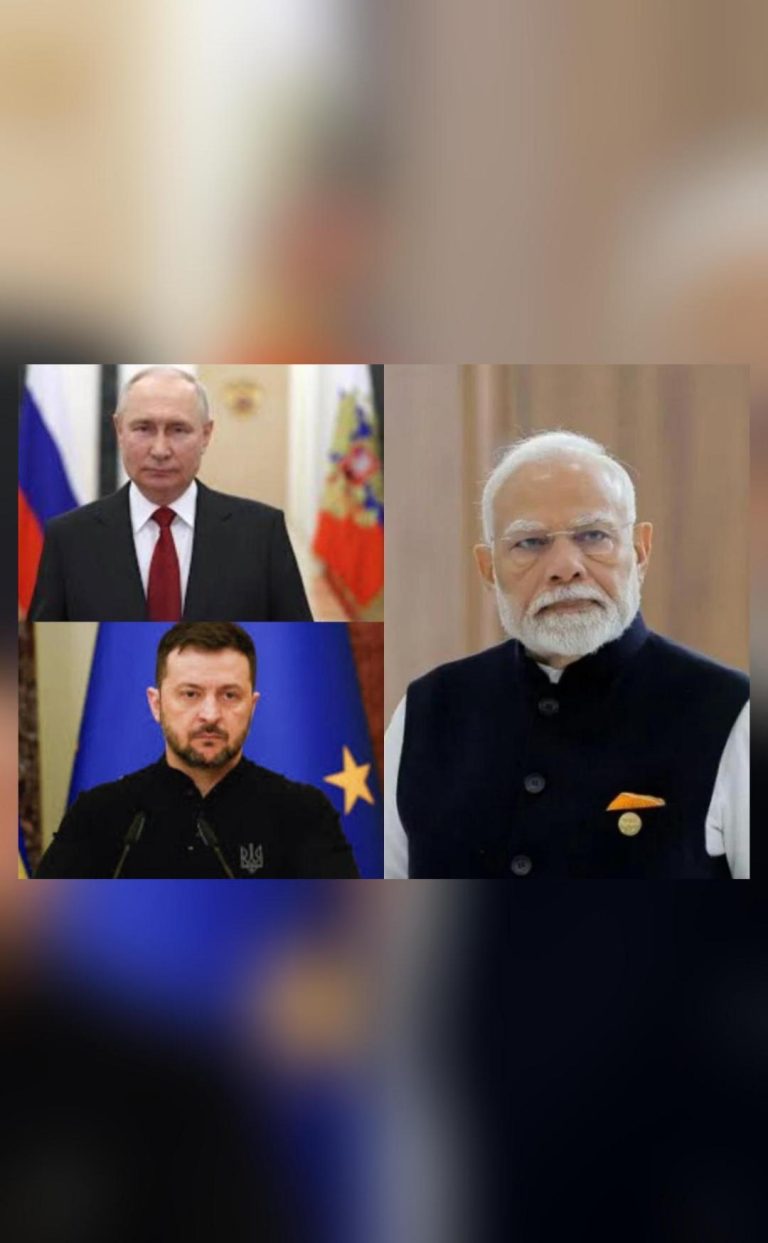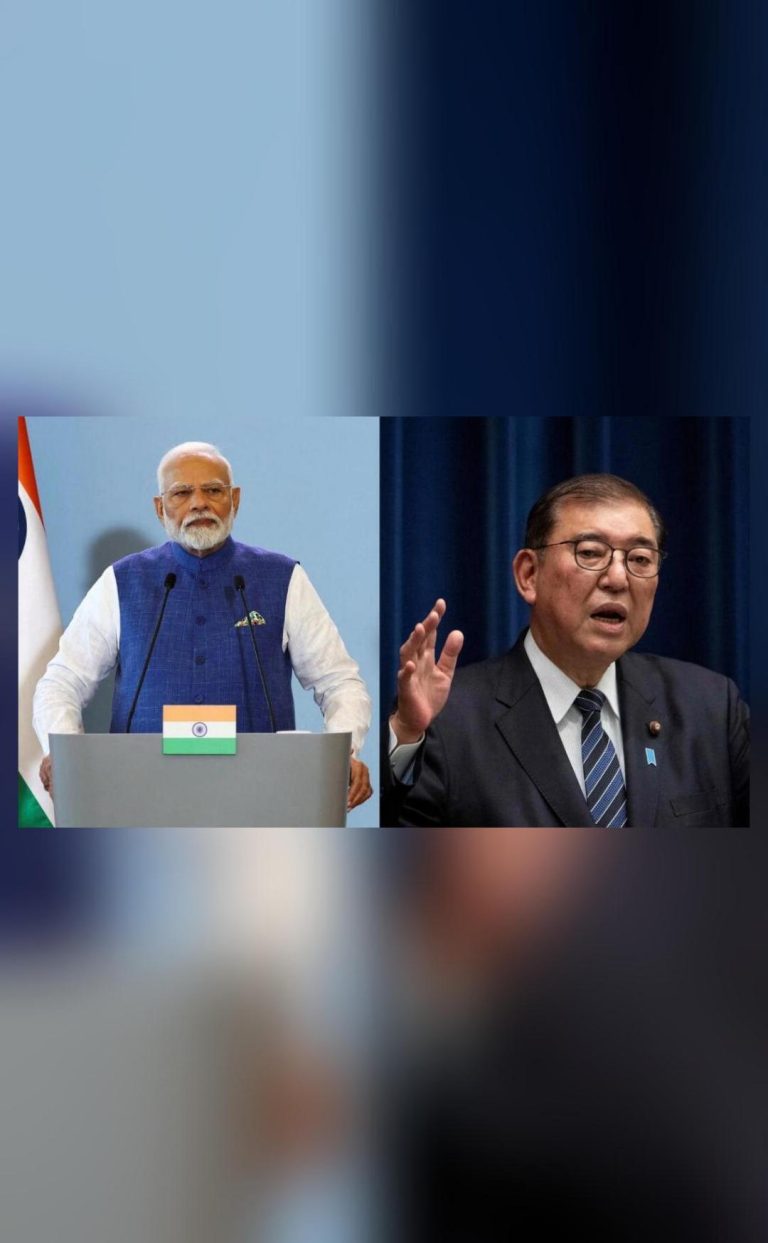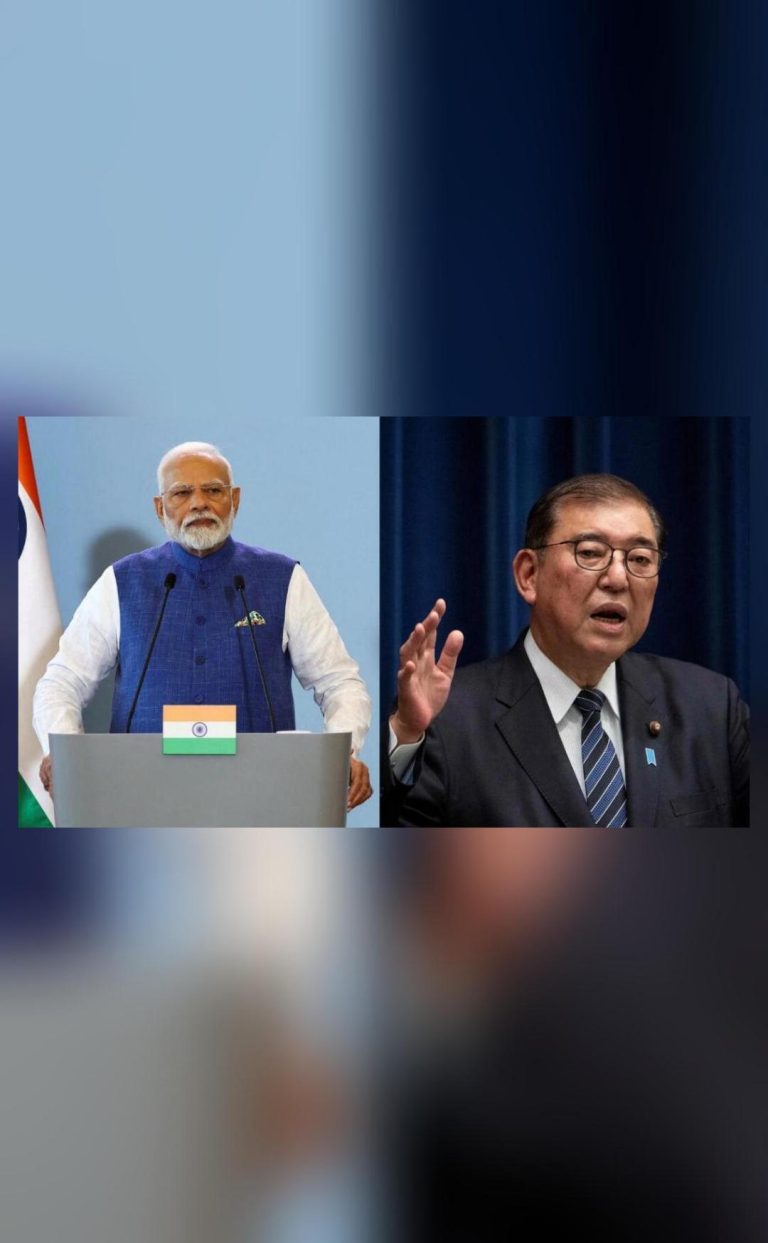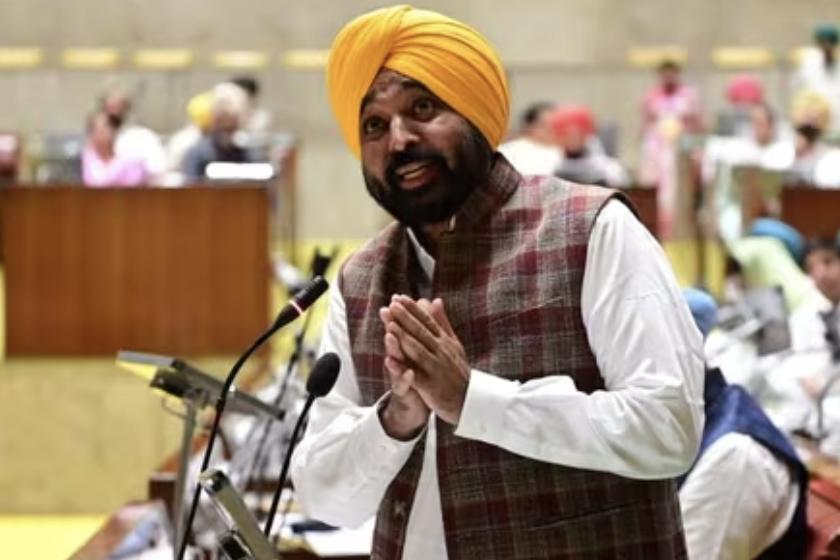
We’ve Shared Culture: CM Mann on Diljit’s Film with Pak’s Hania
The recent film “Sardar Ji 3” starring Diljit Dosanjh and Pakistani actress Hania Aamir has sparked a heated debate in India. While some have hailed the film as a step towards promoting cultural exchange between the two nations, others have criticized it for allegedly promoting “anti-national” sentiments. Amidst the controversy, Punjab Chief Minister Bhagwant Mann has come out in defense of the film, stating that the criticism is unwarranted and that the two countries share a common culture.
Speaking in the Assembly, Mann said, “You cannot issue us certificates of patriotism. We have shared culture. They speak Punjabi, as do we. Sometimes you call him ‘gaddar’, at other times you call him ‘sardar’…please, don’t play these games with us.” His comments have sparked a mix of reactions, with some agreeing with his stance and others criticizing him for not taking a firmer stance against the film.
The debate surrounding the film is not new. In fact, it has been a topic of discussion for months, with some critics accusing Diljit of promoting Pakistani interests and others praising him for promoting cultural exchange. The film’s lead actress, Hania Aamir, has also faced criticism for her involvement in the project.
However, Mann’s comments have added a new layer of complexity to the debate. By emphasizing the shared culture between India and Pakistan, he is highlighting the fact that the two nations have a deep-rooted history and cultural heritage that transcends borders. This is not a new idea, but one that has been discussed and debated by scholars and intellectuals for decades.
In recent years, there has been a growing recognition of the importance of cultural exchange and cooperation between India and Pakistan. From Bollywood films featuring Pakistani actors to music collaborations between Indian and Pakistani artists, there is a growing trend towards promoting cultural understanding and exchange between the two nations.
However, this trend is not without its challenges. The two nations have a complex and often fraught history, marked by wars, conflicts, and periods of tension. This has led to a deep-seated mistrust and hostility between the two nations, which can make it difficult to promote cultural exchange and cooperation.
Despite these challenges, there are many examples of successful cultural exchange and cooperation between India and Pakistan. For instance, the Lahore Literary Festival, which is held annually in Pakistan, has featured many Indian authors and intellectuals, including Arundhati Roy and Amartya Sen. Similarly, the Jaipur Literature Festival, which is held annually in India, has featured many Pakistani authors and intellectuals, including Ahmed Rashid and Fatima Bhutto.
In the context of the film “Sardar Ji 3”, Mann’s comments are significant because they highlight the importance of promoting cultural exchange and cooperation between India and Pakistan. By emphasizing the shared culture between the two nations, he is acknowledging the fact that there is a deep-rooted history and cultural heritage that transcends borders.
Moreover, Mann’s comments are also significant because they offer a nuanced and balanced perspective on the debate surrounding the film. Rather than simply taking a moralistic stance or issuing a blanket condemnation, he is offering a more thoughtful and considered response. This is particularly important in a context where emotions and passions are often running high.
Of course, not everyone agrees with Mann’s stance. Some have criticized him for not taking a firmer stance against the film, while others have accused him of being too soft on Pakistani actors. However, it is important to recognize that the debate surrounding the film is complex and multifaceted, and that there are valid arguments on both sides.
In conclusion, Mann’s comments on the film “Sardar Ji 3” are significant because they highlight the importance of promoting cultural exchange and cooperation between India and Pakistan. By emphasizing the shared culture between the two nations, he is acknowledging the fact that there is a deep-rooted history and cultural heritage that transcends borders. This is a message that is relevant not just for the film industry, but for society as a whole.
As we move forward, it is important for us to recognize the importance of promoting cultural exchange and cooperation between India and Pakistan. This can involve supporting initiatives that promote cultural understanding and exchange, such as film festivals and cultural events. It can also involve engaging in dialogue and discussion with people from other cultures, and working to build bridges between nations.
Ultimately, the debate surrounding the film “Sardar Ji 3” is just one example of the complex and multifaceted relationship between India and Pakistan. While there are many challenges and obstacles to overcome, there are also many opportunities for cultural exchange and cooperation. By recognizing the shared culture between the two nations, we can work towards a more peaceful and harmonious coexistence.
